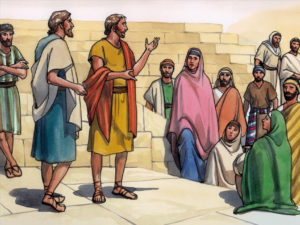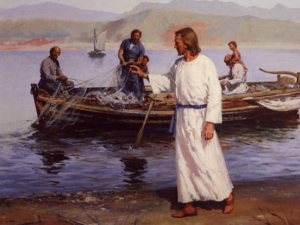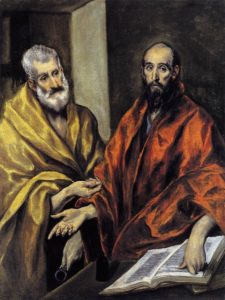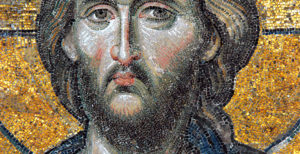“Whoever receives the one I send receives me, and whoever receives me receives the one who sent me.”
 Sara was a college senior playing for the championship of the Great Northwest Athletic Conference softball league. In the second inning, she hit her first home run ever. Then, rounding the bases, she realized that she had failed to touch first. So, she turned back. But, through a twist of fate and her knee, she found herself down on the ground with a torn ligament, crawling in agony back to first base. According to the rules, she would have been out if anyone from her team helped her.
Sara was a college senior playing for the championship of the Great Northwest Athletic Conference softball league. In the second inning, she hit her first home run ever. Then, rounding the bases, she realized that she had failed to touch first. So, she turned back. But, through a twist of fate and her knee, she found herself down on the ground with a torn ligament, crawling in agony back to first base. According to the rules, she would have been out if anyone from her team helped her.
That’s when Mallory and her teammate, Liz — from the other team stepped up to help. They carried Sara around the bases, making sure to tap her left foot on each base. Though Mallory and Liz lost the game that day, they clearly accomplished something more important. In a moment that really counted, those young women showed good character. It’s one thing to proclaim the importance of living up to your values. It’s another thing to do it.
Each one of us is a messenger of God. Everything we do reflects upon the one who sent us. Therefore, we all were sent by God and each of us has a mission – to bring about the Kingdom. That is done by sharing fully in Jesus’ own attitude of service.
Whether it’s through regularly attending Mass, committing yourself to volunteer work, or even consciously folding your values into daily life in small ways (e.g. being kind to someone in need), we must practice living our values to make them a part of us.
Service in the gospel is primarily love in action. Love is the desire for the well-being of the other. That love is actualized by service, by the doing of acts for the good of the other.
That is our baptismal calling. That is what we are called to do. And that is how others will know that we are sent by God.










